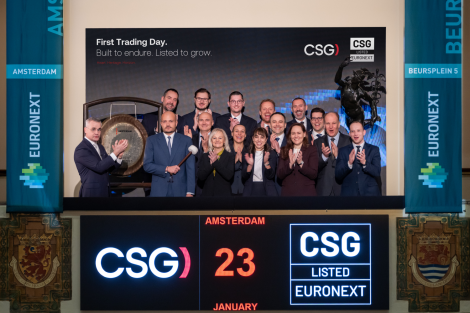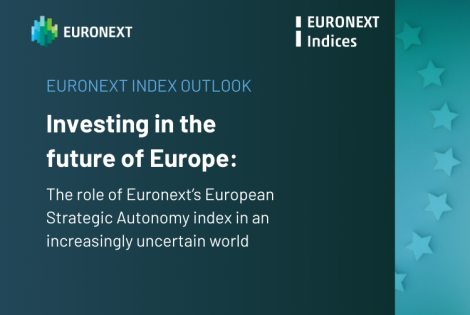Learn more about the Sustainable Economy and its underlying principles. Discover what Sustainable Finance means, and the provisions of Italian law on this point.
FTA Online News, Milan
The term sustainable economy refers to a type of economy focused on the broader concept of sustainable development.
This economic model requires development based on a rational use of natural resources so that it also permits use by future generations. To ecological and generational responsibilities, new and related social responsibilities have been added over time, including objectives such as combatting poverty and inequality or promoting decent working conditions.
What is sustainable development?
The first official definition of sustainable development is based on the Brundtland report, a document issued in 1987 by the World Commission on Environment and Development (WCED), which introduced the concept of sustainable development for the first time.
“Sustainable development”, the definition subsequently adopted by the UN’s World Conference on Environment and Development, “is development that meets the needs of the present without compromising the ability of future generations to meet their own needs”.
This is the basis for a model for society and economic development that integrates environmental, economic and social aspects in a long-term global perspective for the development of a more equitable, healthy and harmonious society for all, including future generations.
Another fundamental step was taken in 2015, with the United Nations’ approval of the 2030 Agenda, with its 17 Sustainable Development Goals (SDGs), subdivided into 169 associated targets, to be achieved by 2030. The Agenda is an essential reference for combatting climate change, poverty, inequality and promoting peaceful societies that respect dignity and human rights.
For example, the UN targets are used as a reference for corporate reporting, national and international policy makers, think tanks, institutions, and agencies engaging in economic and social topics.
One of the pillars of this new paradigm of sustainable development is the observation of the contradiction between the objective limits of Planet Earth’s resources and the desire for continuous and constant economic growth, based on material consumption of goods and services. The objective of the rational use of environmental resources was immediately linked to the objectives of equity and social inclusiveness and harmonious development of the economy.
What is understood by sustainable finance?
The Global Sustainable Investment Alliance (GSIA) has defined the financial side of sustainable development as follows: “Sustainable finance is the set of investment strategies that consider Environmental, Social and Governance (ESG) factors in portfolio composition and management.”
Like sustainable development, sustainable finance has a long history and challenges the goals and ends of the financial system in a new way. As early as 1928, the Pioneer Fund was born in the United States with an ethical vocation, and in the 1970s, American religious funds and university foundations refused to invest in companies involved in the war effort in Vietnam.
The United Nations has also played a key role here. In 2005, UN Secretary General Kofi Annan summoned the world’s largest investors to develop the six principles of responsible investment.
The first principle requires environmental, social and administrative issues to be incorporated into investment analysis and decisions. This is the famous ESG (Environmental, Social, Governance) paradigm, which still serves as a benchmark for the entire global financial industry today. The financial world is essentially being asked to invest not only from a risk/return perspective, but also taking account of obligations and limits linked to respect for the environment, society and good administration.
Between the great financial crisis of 2008 and the Covid-19 pandemic, sustainability principles became increasingly widespread in corporate reporting and in the body of legislation of major national and international jurisdictions. Europe’s most significant response to the pandemic was NextGenerationEU, a pact of responsibility for future generations and European society, which also aims to establish the megatrends for development in the coming decades, while the financial universe of sustainability already raises several tens of trillions of dollars globally.
Links
ESG | Empowering Sustainable Growth
Sustainable Finance @ Borsa Italiana







